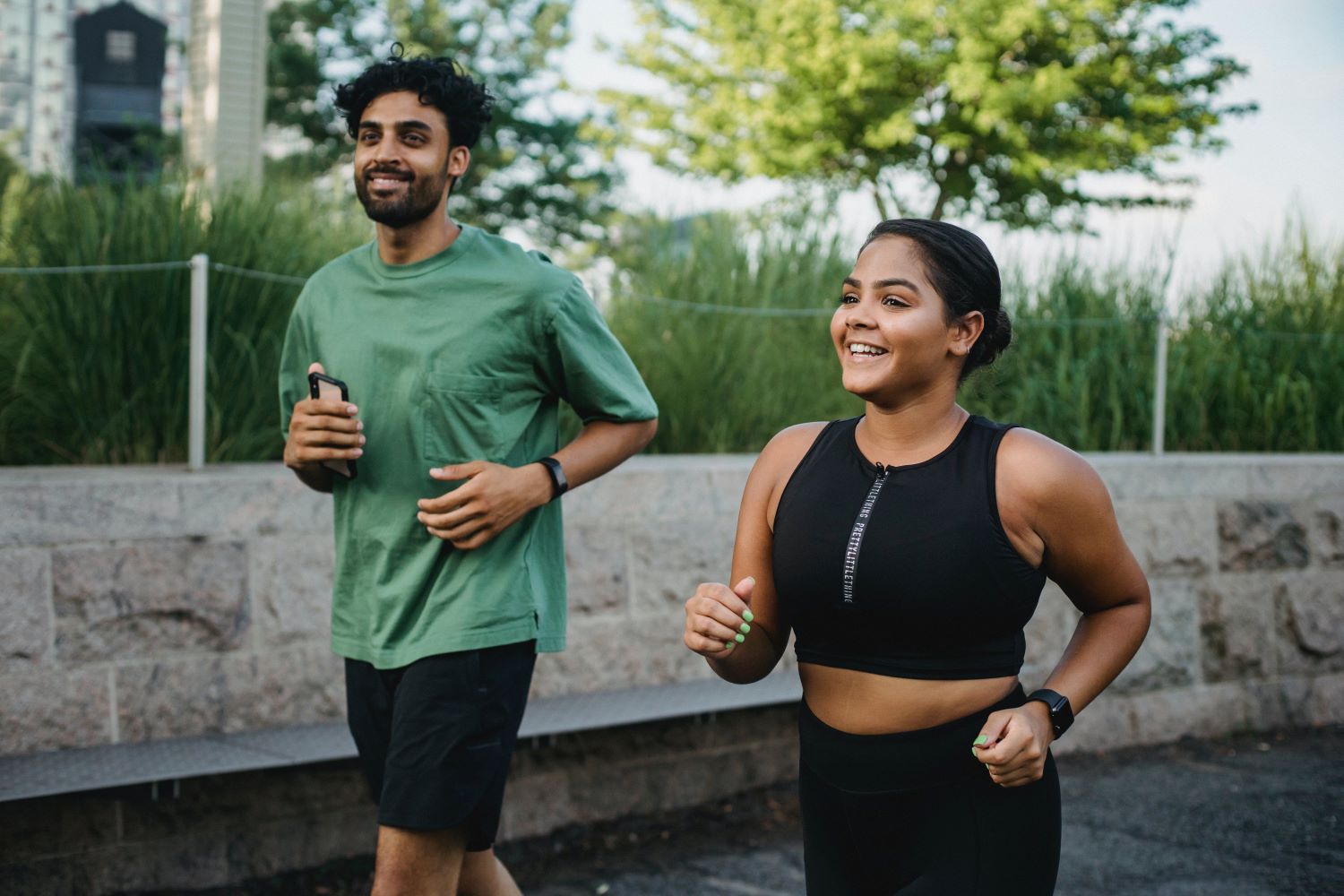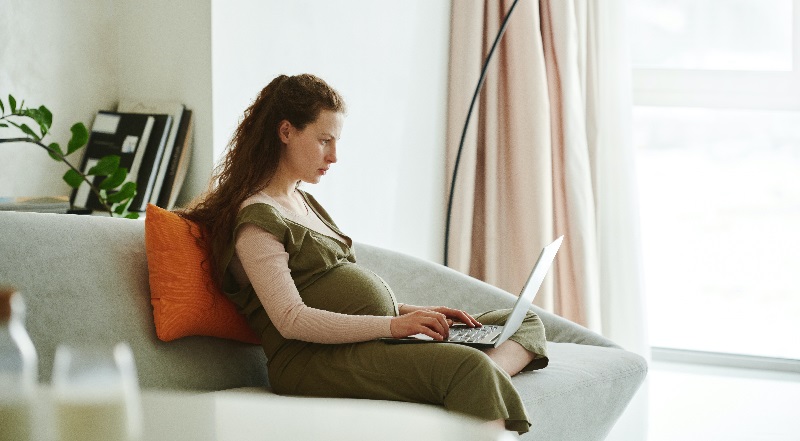Opinion | Wednesday, 27th July 2022
Women’s Euros: Can football become a more positive vehicle for health promotion?
Dr Yuhei Inoue explains the potential impact of unhealthy sponsorship deals

By Dr Yuhei Inoue, Reader in Sport Management at Manchester Metropolitan University Institute of Sport, and Aaron C. Mansfield, Assistant Professor of Sport Management at Merrimack College (USA).
The UEFA Women’s EUROs 2022 has already broken records as the most popular Women’s EUROs in history.
The opening match between England and Austria attracted a record-breaking 68,000 spectators and the tournament has sold over 500,000 tickets. In addition, it is expected to reach a global broadcast audience of roughly 250 million.
Beyond the pitch, projected community impacts from the tournament include £54 million of economic activity delivered to its nine host cities and, according to UEFA, over 500,000 opportunities created for girls and women to engage with football.
These impressive figures have been reported in the media and publicised by the tournament organiser, UEFA. However, what is less discussed - yet quite obvious to the public, especially on match days - is that the tournament is sponsored by several food and beverage companies with products that can be unhealthy, especially if not consumed in moderation.
For example, Heineken is an official partner of the Women’s EUROs and has used this year’s events to advertise its new offering, Heineken Silver.
As part of its five-year partnership with UEFA, PepsiCo has launched tournament-themed promotional campaigns featuring England players such as Lucy Bronze.
Just Eat, the tournament’s official food delivery partner, offers exclusive meal deals in connection with the games for fast food restaurant chains.
National teams competing at the tournament are sponsored by the likes of Budweiser (England), Coca-Cola (Austria, Germany, Netherlands), and McDonald’s (Northern Ireland).
But why does this matter? After all, men’s football leagues such as the English Premier League and major tournaments including the FIFA World Cups and men’s EUROs have long been linked to food and beverage companies. Beyond football, the Olympic Games have partnered with Coca Cola since 1928 and had a 41-year sponsorship deal with McDonald’s until 2017.
Food and beverage sponsors offer revenues that can help women’s football increase pay for elite players, expand the popularity of the game and create more opportunities and infrastructure for female participation in the sport.
So, is this marketing dynamic a good thing? Or does it warrant scrutiny?
Impacts of unhealthy sponsorship
The sponsorship of women’s football matters because it can affect fans’ consumption behaviours. In other words, if PepsiCo sponsors the Women’s EUROs, football fans will be increasingly likely to consume Pepsi products.
Experimental studies show that when energy-dense, nutrient-poor food and beverage products are marketed through sports sponsorship and athlete endorsement, target consumer groups (such as young adults, children, and parents) develop more favourable attitudes toward the sponsored products and increase their consumption of such products.
A review of existing research revealed a positive link between consumers’ exposure to sports sponsorship by alcohol brands and their self-reported consumption of alcohol products.
This evidence is troubling because unhealthy diets and excessive alcohol use are leading causes of certain diseases such as cancer and heart diseases, which account for nearly 70% of all deaths.
One possible explanation of the impacts of food and beverage sports sponsorship is image transfer, or the so-called ‘health halo’.
This means that, through sports sponsorship, unhealthy brands can associate their products with positive images of sport, such as health, activity, youth and fitness. In turn, such associations give consumers the false impression that consuming these products is beneficial, rather than harmful, to their health.
Importantly, when sponsoring men’s football, food and beverage companies have sought to appeal to male consumers by building their promotional strategies around cultural notions of masculinity. An example of this is Budweiser’s ‘Be a King’ campaign with the English Premier League.
The sponsorship of women’s football can be seen as an attempt to expand their markets to female consumers, who comprise a large part of the women’s football fan base. This is evidenced by Heineken’s ‘12th Woman’ campaign for the UEFA Women’s EUROs 2022 and the associated hashtag #PassionKnowsNoGender.
The main product promoted through this campaign, Heineken Silver, is advertised as a lighter, easier-to-drink alternative to the original Heineken. This appears to be a considered act of positioning the product as a healthy option through a health-halo created by the tournament.
Alternatives to unhealthy sponsorship
There is little question that men’s football has benefited financially through its associations with such sponsors. Yet women’s football does not need to follow the same path. We propose two alternatives.
First, women’s football could selectively partner with brands that offer healthier food and beverage products, such as mineral water, high-fibre cereals and healthy sandwiches.
Research suggests that consumers tend to think such pro-health food brands fit better with the sponsoring of a sport event than their unhealthy counterparts. Moreover, these brands’ sport sponsorship can facilitate healthy behaviours among consumers.
An example of pro-health food sponsorship is Marks & Spencer’s partnership with the England, Northern Ireland, Wales, and Scotland men’s and women’s national football teams to implement the ‘Eat Well, Play Well’ campaign. Through this campaign, the company delivers a variety of healthy food options to consumers by promoting nearly 2,000 ‘Eat Well’ products.
Second, supporters of women’s sport tend to attribute their fandom (in part) to the advancement of social objectives, such as inclusion and gender equality. This attribution adds value to the sponsorship of women’s football and can attract different sponsors from those typically associated with men’s competitions.
In the case of the Women’s EUROs 2022, sponsors include the likes of Lego, Linkedin, Grifols, and Starling Bank, which have not traditionally invested in sport sponsorship.
Women’s football may therefore seek to expand partnerships with those non-food and beverage companies that see sponsorship of the sport as a unique tool to promote social objectives. This social emphasis is exemplified by Starling Bank’s #OurTime campaign.
Football as a vehicle for health promotion
As the popularity of women’s football continues to increase, teams, leagues and tournaments are likely to enjoy unprecedented opportunities to partner with companies that are willing to invest in the sport for a positive image transfer.
In leveraging these opportunities, women’s football faces a decision: to follow the same path as men’s football, or instead to partner with healthier food and beverage companies.
Pursuing the greater social good does not mean the bottom line needs to suffer. Data indicates a growing percentage of the population self-identifies as health-conscious. So, business entities would be well advised to capitalise on the trend. This can lead to positive effects for both the business and consumers -something researchers call ‘shared value'.
Our hope is that women’s football can become a vehicle for health promotion and establish an example for men’s football to follow.




